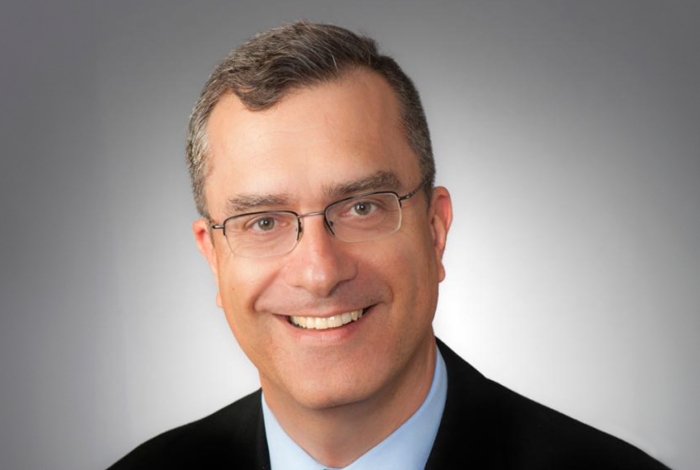
Research labs are not necessarily known for the leadership opportunities they create. But for Bernard Kühn, MD, the lab helped lay the groundwork of leadership and administrative work that helped him land his current position.
Dr. Kühn stepped into his new role as chief of the division of cardiology in pediatrics at Weill Cornell Medicine and NewYork-Presbyterian Komansky Children's Hospital, both based in New York City, on Feb. 1.
He began working toward his medical degree in Germany before obtaining a scholarship that let him visit medical schools in the United States. He originally explored pediatrics because he thought it may be good knowledge for when he had his own kids. He eventually fell in love with it thanks to the "charismatic and happy cardiologists that made it look fun and always came to the job with a smile."
"I saw that here physicians scientists do a job that I found really attractive and they were able to be scientifically excellent," Dr. Kühn said. "The healthcare structure in Germany is different, where a lot of physicians are stretched extremely thin, but in the U.S. I had the opportunity to meet many great mentors and become involved in early heart regeneration and genetics research."
Dr. Kühn is passionate about lab work, but he started taking an interest in administrative leadership when he realized he wanted to help shape strategy. "I wanted to bring the experience I have as a physician scientist to the table so when resource decisions are made, such as faculty recruitment, retention and development, I have a part in that decision," he said.
Dr. Kühn's passion lies in heart muscle regeneration, especially among infants with severe heart failure, waiting on a transplant.
"Donor hearts for infants are very hard to get, and the youngest ones face the longest wait times. If we can find a way for heart regeneration, we could strengthen their heart so they'll be in better shape and be able to make it a few more months when they will not require such a small heart," he said.
His top leadership advice? One needs a cadre of senior divisional leadership whom you can go to with critical decisions.
By Mariah Taylor

